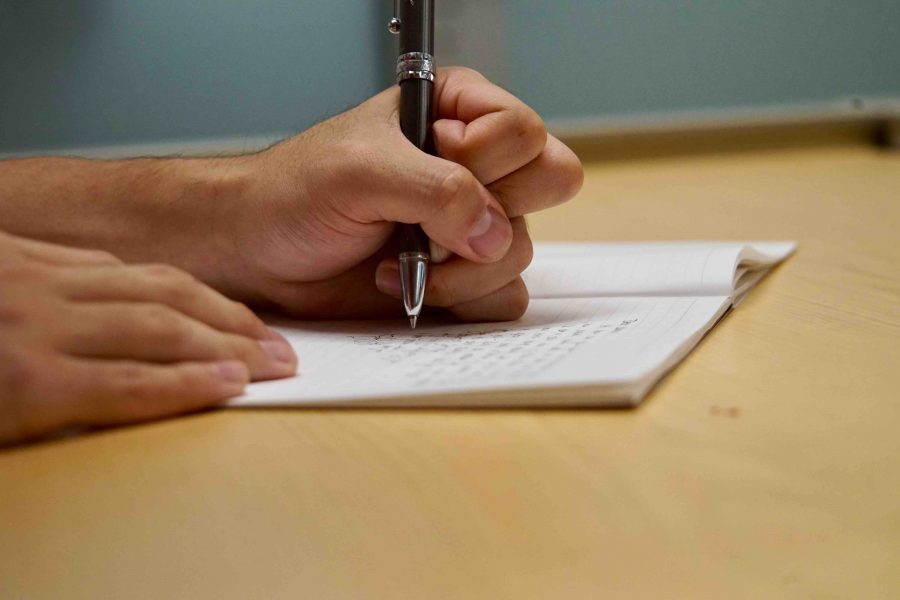Settling back into NYU’s unrelenting grind, it is unnerving to think about returning to those late nights at Bobst Library and drowning sorrows in Red Bull. Before the rush of essay deadlines and exams hits, NYU students are preemptively bracing themselves for the stress of the spring semester.
For some, this semester may be harder due to classes, clubs and sports on top of grabbing at the copious opportunities that arise in the hustle and bustle of the city. CAS junior Jennifer Lu is someone who struggles with balancing academic rigor and the adult world.
“I am so stressed already,” Lu said. “This semester, I’m taking harder courses and have different responsibilities to juggle around, like working, finding an internship, sucking up to professors and networking.”
Lu is not alone in her worries. Between handling school responsibilities and searching for a job or internship, all while trying to maintain some semblance of a social life, it’s no wonder students get overwhelmed.
However, Licensed Clinical Social Workers (LCSWs) from NYU Counseling and Wellness Services Grace Hudson and Brooke Donatone said that stress is inevitable, especially for busy college students in New York City.
“We usually cannot altogether avoid stress from happening in our daily lives,” Hudson and Donatone told WSN in an email. “What’s important is for students to acknowledge how they are feeling and have some clarity about what their concerns are — we may have some degree of control over how we respond to stressful situations.”
Some students have personal coping mechanisms for stress on lock. For example, CAS junior Daeun Yu turns to writing as an outlet.
“Sometimes when I’m stressed, I like to write letters to my friends — almost like a journal,” Yu said. “It helps me organize my thoughts and see where my feelings are coming from. I like to make to-do lists a lot too — things seem a lot more doable and less overwhelming when you quantify everything that needs to get done.”
Beyond recognizing that stress is unpreventable, those that use the stress-induced grind are the ones that turn misery into productivity.
“I don’t try to avoid stress altogether,” Lu said. “Because for me, some stress is healthy and beneficial to getting things done. I focus on dealing with stress only when it gets overwhelming. To refresh my headspace, 10 minutes of meditation is enough to get me calmed down from the stress and anxiety.”
It’s easy to preach about prioritizing sleep, eating healthy meals and staying active. However, it’s often a lot harder to put those routines into practice, and not finding time to practice self-care can, ironically, cause stress.
Perhaps the basic action of acknowledging how you’re feeling and taking a step back to deal with it is all you need to start your semester off right.
“Sometimes when we’re stressed, we tend to be really hard on ourselves,” Yu said. “Try to be nice to yourself.”
Students are always able to reach out to the Counseling and Wellness Center, which has services such as individual counseling, group counseling, toolkits, workshops and psychiatric services. The Center has regular drop-in hours to speak with counselors and psychiatric providers, and a 24/7 Wellness Exchange hotline number at 212-443-9999 to consult with a counselor about any concerns. Students can also download the Wellness Exchange app and chat with a counselor 24/7.
Email Kylie Kirschner at [email protected].






















































































































































